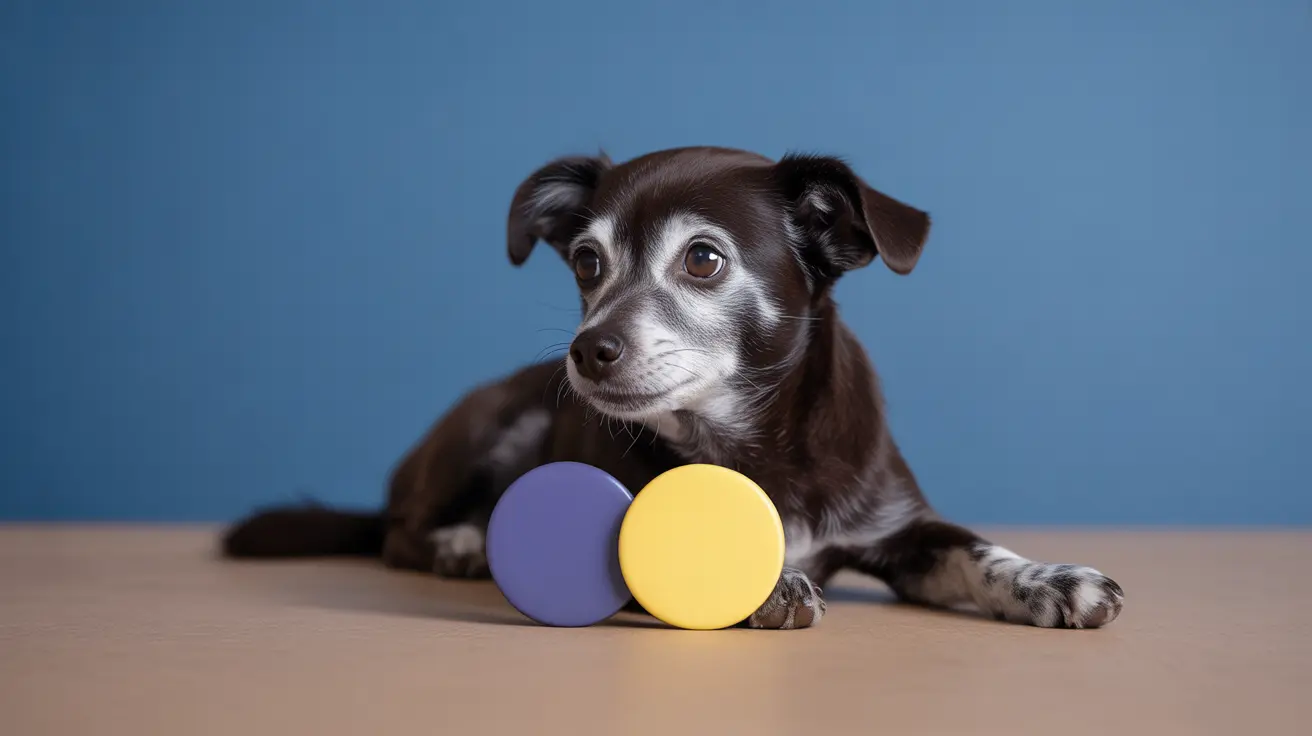Is Corn the Best Vegetable for Your Dog?
When it comes to feeding your furry friend vegetables, pet owners often wonder what is safe and nutritionally beneficial. Among various choices, corn stands out as a popular option due to its presence in many commercial dog foods. However, not all forms of corn are safe for dogs, and it's important to understand the right way to include this vegetable in their diet.
Is Corn Safe for Dogs?
Yes, dogs can safely eat plain, cooked corn kernels. Corn is not toxic to dogs and provides numerous health benefits when prepared correctly. It should always be served without butter, salt, sugar, or seasoning. Notably, most dogs tolerate corn well, and allergic reactions are relatively rare.
Nutritional Benefits of Corn for Dogs
In moderation, corn provides:
- Carbohydrates for energy.
- Fiber to support healthy digestion.
- Protein for muscle development.
- B-group vitamins essential for metabolism.
- Vitamin C, magnesium, and potassium for overall health.
- Antioxidants such as lutein and linoleic acid that support skin and coat condition.
These nutrients make corn a valuable supplement to a dog’s diet, especially when included in commercial dog food formulations.
How to Safely Prepare Corn for Dogs
Proper preparation is crucial to avoid health risks:
- Cook the corn thoroughly – boiling or steaming is best.
- Remove kernels from the cob – cobs are a choking hazard and can cause intestinal blockages.
- Do not add butter or salt – these can harm your dog’s digestive system and contribute to health problems.
Raw corn is not toxic but can be harder for dogs to digest. Cooked corn is the preferred option for easier digestion and nutrient absorption.
Unsafe Forms of Corn to Avoid
While plain corn kernels are safe, certain corn products can be dangerous:
- Corn cobs – a serious choking and intestinal blockage risk.
- Canned corn – high in sodium and preservatives.
- Corn chips, tortillas, popcorn with butter or salt – contain harmful additives and oils.
- Corn syrup – high sugar content can lead to obesity and diabetes.
These forms often contain ingredients detrimental to canine health and should be avoided entirely.
Portion Control: How Much Corn Is Too Much?
Even healthy treats require moderation:
- Treats (including corn) should make up no more than 10% of your dog’s daily calorie intake.
- Small dogs: About one teaspoon of corn per serving.
- Large dogs: A few tablespoons per serving.
Limit servings to 2–3 times per week. Overfeeding corn can lead to digestive upset or unhealthy weight gain due to its high carbohydrate and sugar content.
Signs of Corn Allergies in Dogs
Though rare, some dogs may be sensitive to corn. Symptoms include:
- Itchy skin or paws
- Facial swelling
- Vomiting or diarrhea
- Recurrent ear infections
If your dog exhibits any of these symptoms after eating corn, stop feeding corn immediately and consult a veterinarian.
What to Do If Your Dog Eats a Corn Cob
Never let your dog chew or eat corn cobs. They are indigestible and can cause life-threatening obstructions in the digestive tract. If ingestion occurs, seek immediate veterinary care, even if symptoms are not immediately apparent. Warning signs include:
- Persistent vomiting
- Lethargy or loss of appetite
- Diarrhea or constipation
- Abdominal pain
- Behavioral changes
Blockages may require surgical intervention and can escalate quickly.
Other Considerations
Some critics argue corn is less biologically appropriate for dogs than high-quality animal proteins. Additionally, much of the corn in commercial dog foods is genetically modified. If you have concerns about GMOs, look for products that specify the use of non-GMO ingredients.
Conclusion: Is Corn the Best Vegetable for Dogs?
Corn can be one of the better vegetable options for dogs when prepared correctly and given in moderation. It offers useful energy and nutrients, and most dogs can enjoy it as a safe treat. However, it's essential to avoid dangerous forms like cobs and processed corn snacks. Monitor your pet for any signs of discomfort or allergies, and consult your vet when introducing any new food.
While corn has its benefits, there may be other vegetables better suited to your dog’s specific health needs. Dogs with allergies or digestive issues might be better off with options like carrots, green beans, or sweet potatoes, which are lower in sugar and carbs.
As always, a balanced diet tailored to your dog’s needs and age is the best approach to ensuring their long-term health and happiness.





